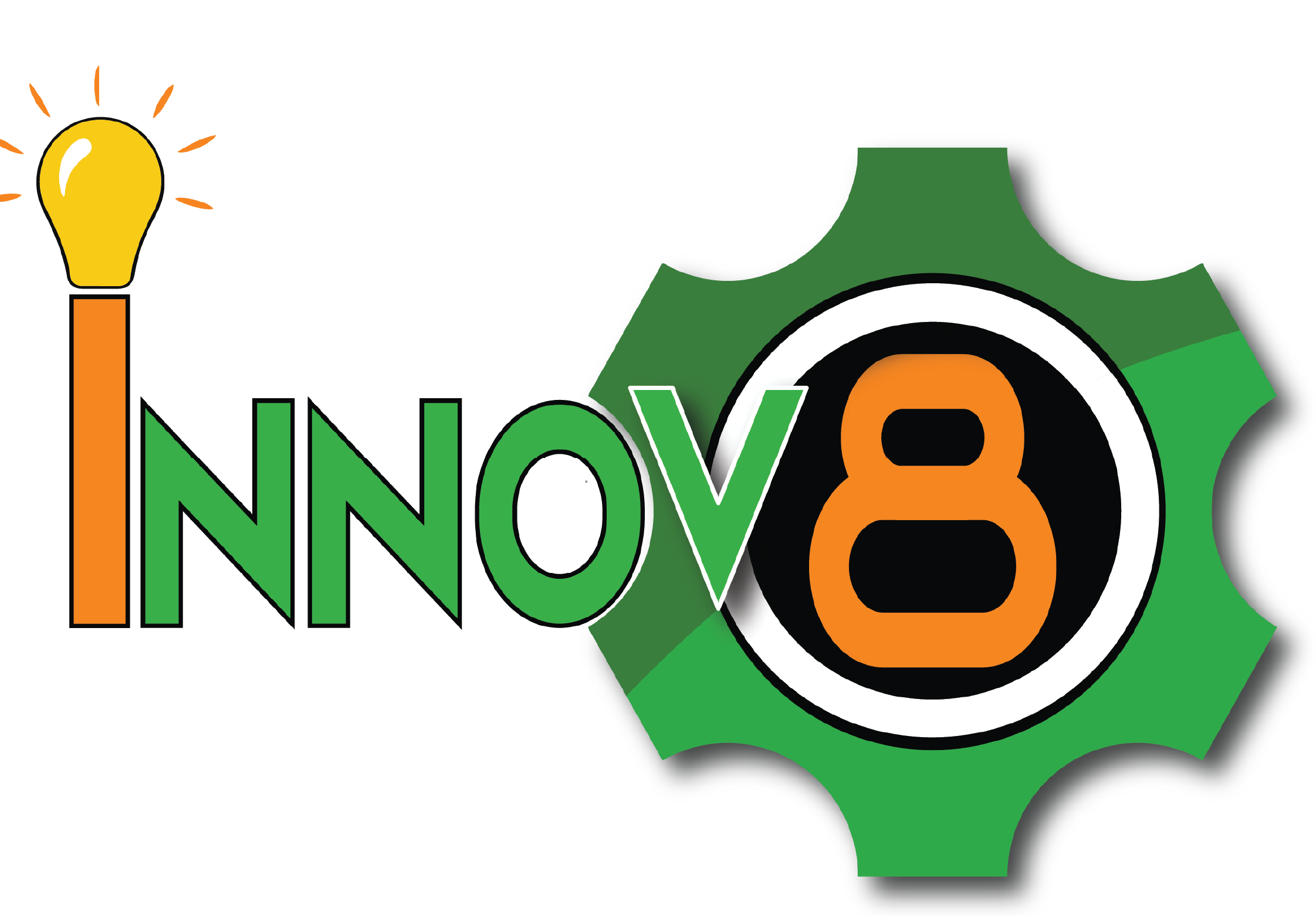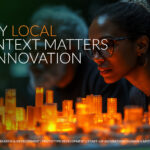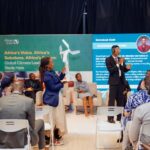Encouraging farming in Urban centres through sustainable systems. As a developing nation, agriculture is important to Nigeria. Livestock farming, fish farming, forestry, and crop production make up the agricultural sector. Crop production accounts for 87% of the products from the sector. To end extreme poverty, agriculture can increase earnings and ensure food security. A study by the world bank in





